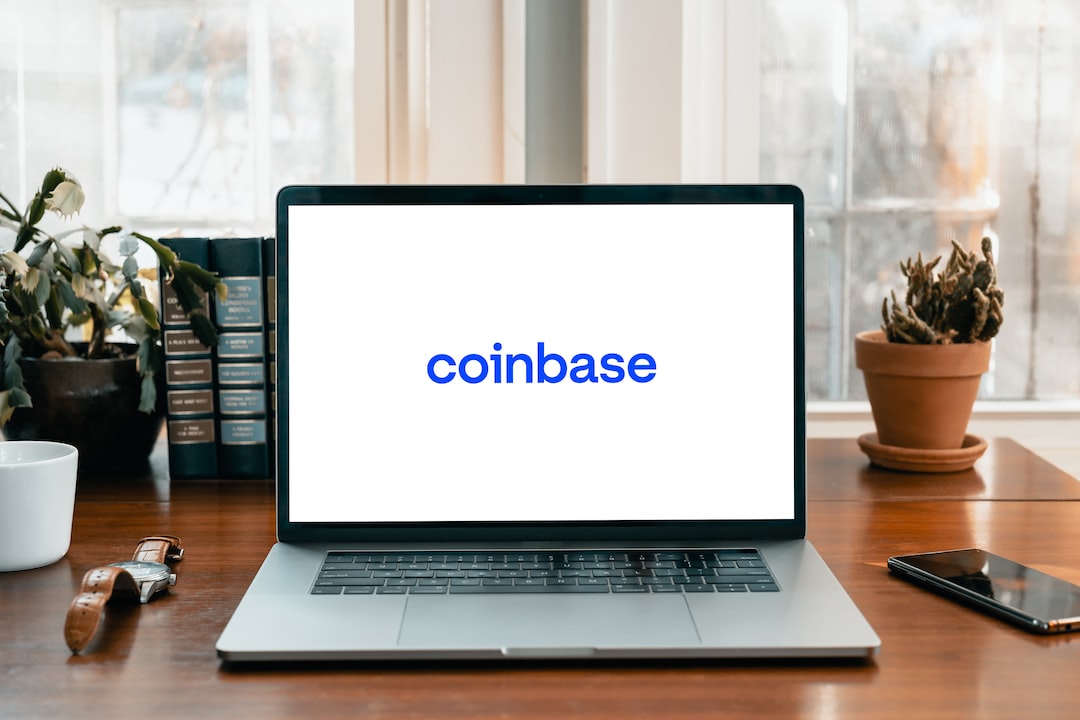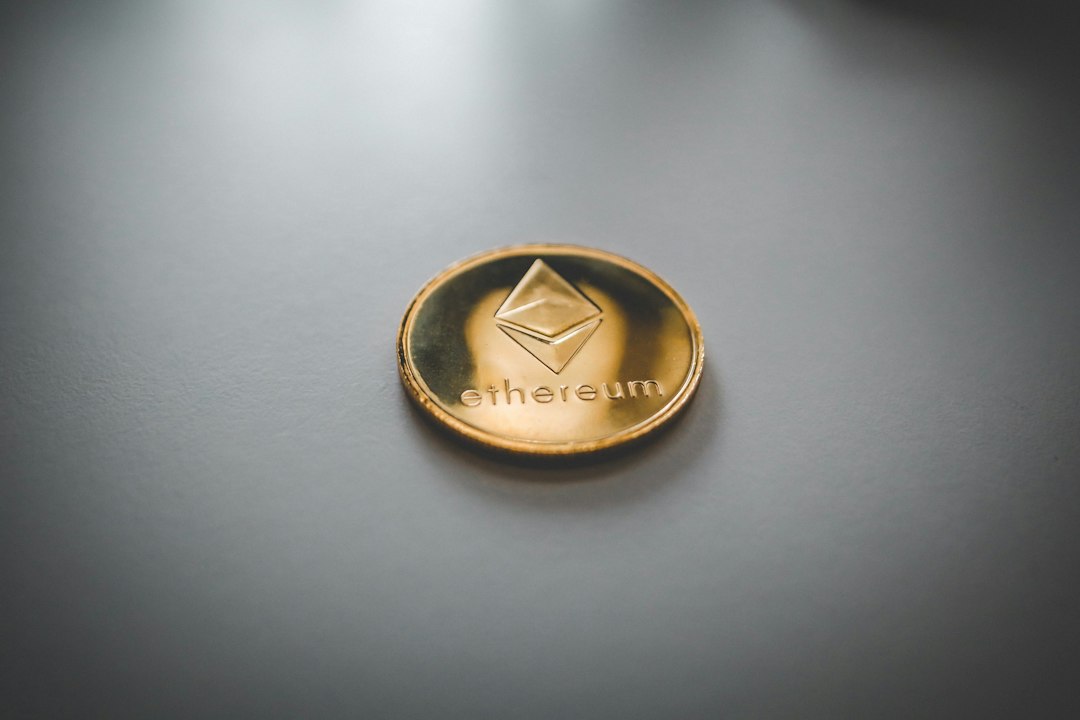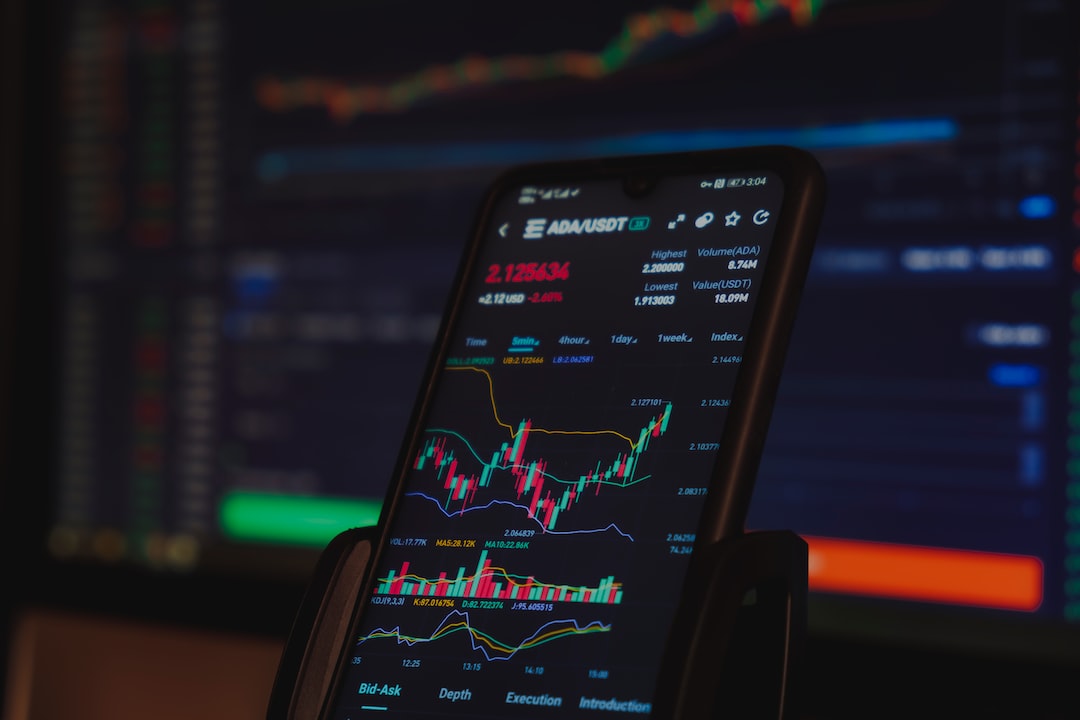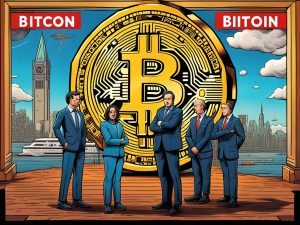Russian Crypto Traders Shying Away from Overseas Platforms
Russia’s Central Bank reports a decline in crypto trading among its citizens, with fewer Russians using major international crypto exchanges. The bank’s data reveals a decrease in Russian visits to these platforms and a drop in the volume of Russian-owned cryptocurrencies on exchanges. Instead, Russians are turning to peer-to-peer (P2P) and over-the-counter (OTC) markets for their crypto transactions. P2P transactions have become the main channel for acquiring cryptoassets in Russia, with the average monthly volume increasing by 53.9% compared to last year. The bank also notes that Russian credit institutions are improving their ability to identify P2P crypto trades.
Russian Crypto Traders Find Ways Around Sanctions
Many major international crypto exchanges prohibit Russian traders due to sanctions imposed by the US and EU. However, some Russians are reportedly using loopholes to continue using overseas exchanges. Binance, for example, announced its withdrawal from Russia and the sale of its business to CommEX. The exchange has also stopped accepting ruble deposits and will end withdrawals in January. The Central Bank warns that alternative exchanges targeting Russians could be risky for citizens. However, it suggests that the decline in crypto trading may not be solely due to sanctions, but rather reflects a global decline in investor interest.
Hot Take: Decrease in Russian Crypto Trading
The Central Bank of Russia has reported a decrease in cryptocurrency trading among its citizens. The bank’s data shows a decline in visits to major international crypto exchanges by Russians and a drop in the volume of Russian-owned cryptocurrencies on these platforms. Instead, Russians are turning to peer-to-peer (P2P) and over-the-counter (OTC) markets as their main channels for acquiring cryptoassets. This shift may be a response to international sanctions that restrict Russian traders from using overseas exchanges. However, the bank suggests that the decline in crypto trading could also be attributed to a global decrease in investor interest. As Russian credit institutions improve their ability to identify P2P crypto transactions, the landscape of crypto trading in Russia continues to evolve.





 By
By
 By
By

 By
By
 By
By
 By
By